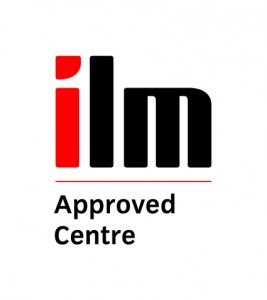The Kennel Club has raised serious concerns after being made aware of the National Farmers Union’s (NFU) ‘full support’ for the retrospective planning application of a large scale commercial dog breeding establishment in Gloucestershire.
The endorsement by the NFU supports their member’s application to ‘continue with their diversification and support the core farming enterprise’ by converting their premises into commercial dog breeding establishments. Such establishments tend to breed dogs purely for profit, allowing welfare standards to deteriorate. The Kennel Club is therefore hugely concerned.
Caroline Kisko, Kennel Club Secretary, states: “As the largest organisation in the UK dedicated to the health, welfare and training of dogs, the Kennel Club represents many dog owners who are linked to the NFU, and we feel they would be horrified to learn of the organisation’s support for large scale, commercial dog breeding practices where more often than not the health and welfare of the dogs involved is placed secondary to profit.
“Responsible dog breeding is a skill that takes years to master and to bracket this alongside livestock husbandry is inappropriate. For example, the number of unhealthy puppies bred by people with little regard or knowledge of inherited conditions could lead to an increase in these health problems. Who will supply the knowledge and expertise to ensure that this does not happen and that the appropriate Kennel Club health schemes are utilised?”
The Kennel Club has stressed the essential need for socialisation in the first weeks of a puppy’s life to the NFU as the largest difference in rearing companion animals compared to those primarily bred for consumption.
As detailed within the Kennel Club and Dogs Trust Puppy Plan, developed by dog behaviourist Carolyn Menteith; the foundations for a puppy’s future behaviour and character are laid down in the first 16 weeks of its life. This is a vital time when it is possible to develop the puppy’s brain, and shape the way they will turn out as an adult dog. This is also the time when most problem behaviours can be prevented, long before they even start, giving the dog a far more certain future – and the new owner far fewer potential problems. ‘Farming’ puppies as supported by the NFU, does not allow adequate dedicated time for each puppy to develop in this way.
The Kennel Club has now written to the National Farmers Union to request a meeting to further highlight its concerns.
Full story – http://www.thekennelclub.org.uk/item/4833/23/5/3
